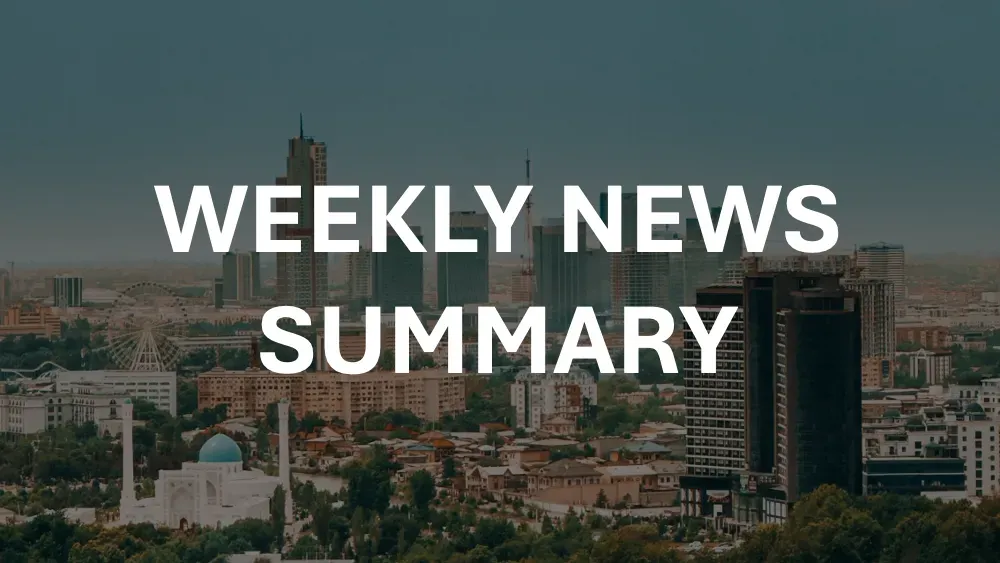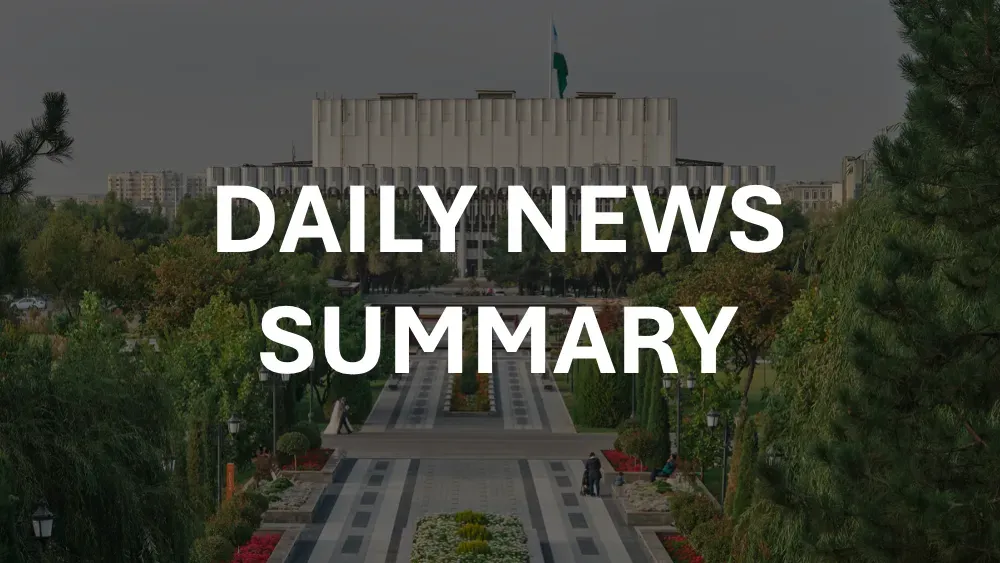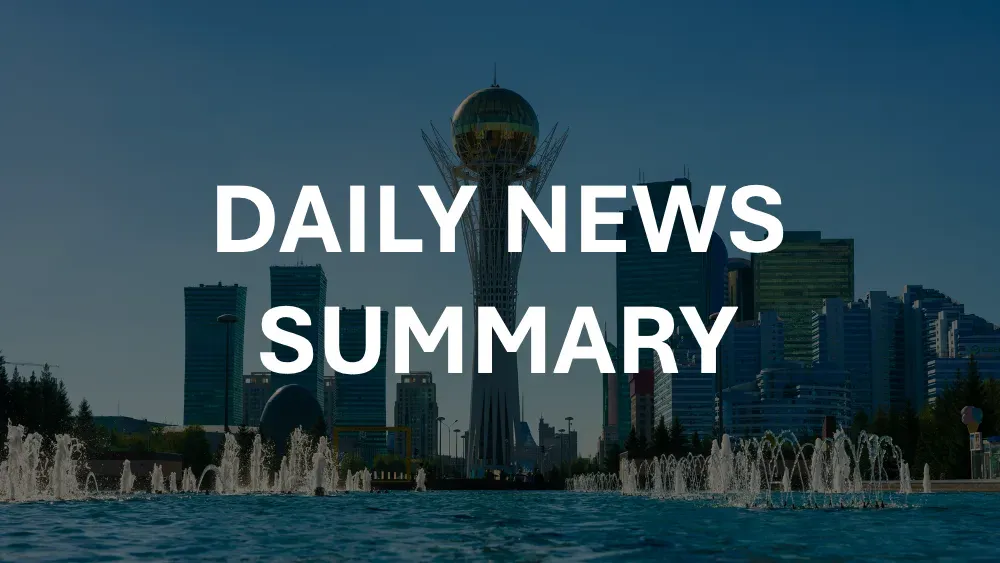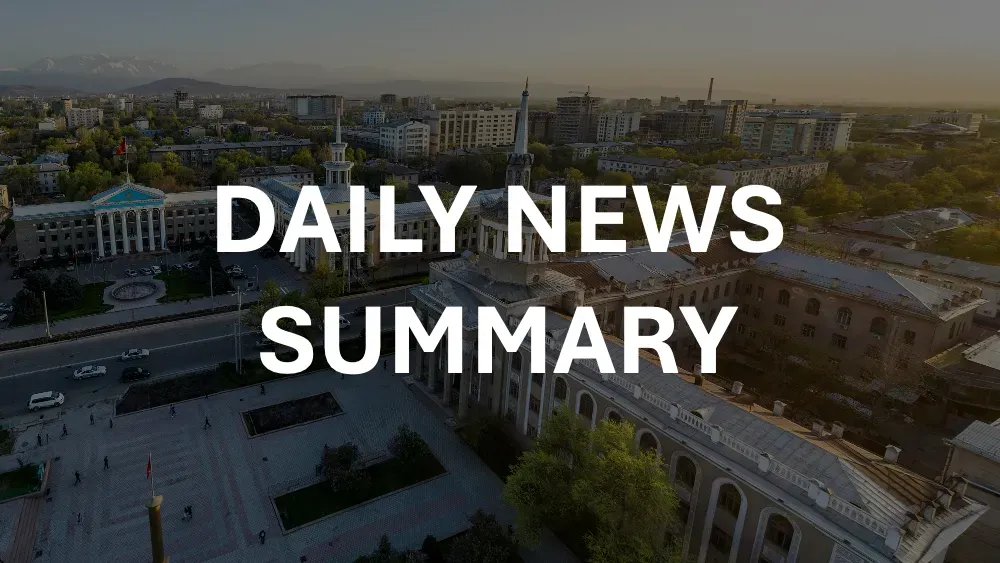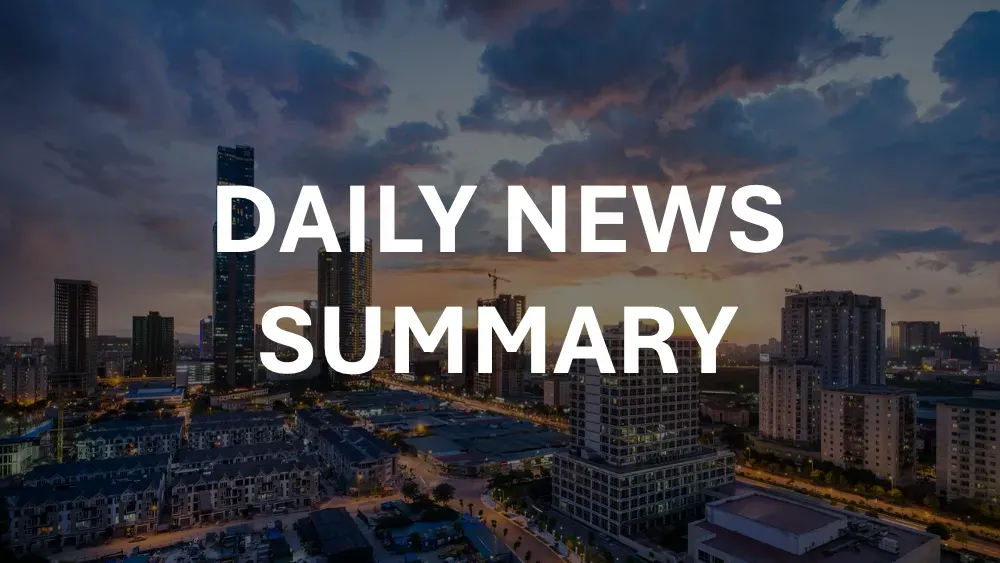This weekly digest showcases just 10 stories. Daily subscribers receive comprehensive intelligence briefs with 40 of the top stories organized by category. Don't miss the stories that matter.
Subscribe to Daily →
September 15, 2025 to September 21, 2025
This week's top 10 stories from Uzbekistan, selected from our daily intelligence briefs.
1. New Deals Deepen China–Uzbekistan Economic Integration with BRI Projects and Rail Link Advancing
Uzbekistan and China have deepened economic integration through a package of agreements — including investment protection, a double taxation avoidance pact, and most‑favoured‑nation trade status — that reinforce cooperation under the Belt and Road Initiative and accelerate industrial co‑production, high‑tech park development, and upgrades in transport, telecoms and energy. Bilateral trade topped $14 billion in 2024, rose 23% year‑to‑date to account for 17.7% of Uzbekistan’s trade in Jan–Jun 2025, and targets $20 billion; investment pipelines exceed $60 billion with 64 projects worth over $10 billion launched in 2024 and CNPC’s cumulative FDI surpassing $5 billion. More than 3,700 China‑backed joint ventures operate in Uzbekistan, with growing localization by firms such as BYD and project focus on renewables, petrochemicals, automotive and digital infrastructure.
Strategically, the China–Kyrgyzstan–Uzbekistan (CKU) railway has entered a practical phase and is slated for completion by 2030, aiming to diversify Central Asian transit corridors, shorten China–Europe freight times, and open new links to Persian Gulf and Middle East markets. The CKU project and complementary logistics investments position Uzbekistan to become a regional distribution hub but will require coordinated technical standards, financing and customs harmonization to realize anticipated gains in transit competitiveness and risk‑diversified supply chains.
Local Coverage: uza.uz, kun.uz
From daily brief: 2025-09-16
2. Mirziyoyev arrives in New York for UNGA 80, plans high-level talks and U.S. business meetings
Uzbekistan’s President Shavkat Mirziyoyev arrived in New York on 20 September to attend the United Nations General Assembly’s 80th‑anniversary session, with a provisional speaking slot on 23 September during the general debate (23–27 and 29 Sept). The presidential program—confirmed by the press service and marked by his JFK reception by Paolo Zampolli (U.S. Special Envoy for Global Partnerships) and Carolyn Lamm (chair, American‑Uzbekistan Chamber of Commerce)—includes a UN speech outlining Uzbekistan’s stances on peace, development and human rights, bilateral meetings with foreign leaders, talks with heads of international organizations and financial institutions, and targeted engagements with major U.S. corporations and a business roundtable aimed at attracting investment and deepening commercial ties.
The visit follows Mirziyoyev’s 2023 UN appearance and a pre‑departure outreach that featured an English presentation of “New Uzbekistan: Shavkat Mirziyoyev’s Path” at the U.S. Capitol’s Rayburn Building and UN Headquarters. His active participation in high‑level week (9–30 Sept) signals Tashkent’s push to leverage multilateral forums to address regional security, economic diversification, technology policy and SDG priorities, while courting U.S. private‑sector partners amid ongoing discussions on reform of the international financial system and global governance.
Local Coverage: anhor.uz, uzdaily.uz, gazeta.uz, kun.uz, qalampir.uz, uza.uz
From daily briefs: 2025-09-18, 2025-09-19, 2025-09-22
3. China–Central Asia Trade Expo Opens in Tashkent, Showcasing High-Tech and Green Solutions
The China–Central Asia Uzbekistan Trade Expo opened at Tashkent’s International Exhibition Center and runs through 18 September, organized by the China Council for the Promotion of International Trade (CCPIT). About 200 Chinese companies are exhibiting across 4,800 sqm, showcasing digital economy, green energy and smart manufacturing solutions — including Gree’s smart home systems, Hisense’s ultra‑high‑definition displays, Zhejiang Hangcha’s next‑generation electric vehicles and DEEP Robotics’ biomimetic robots. The program includes a China–Uzbekistan trade and investment forum, sectoral presentations and B2B matchmaking sessions that generated nearly 100 purchase intents.
Organizers frame the expo as follow‑through on recent China–Central Asia and SCO summit outcomes, aiming to deepen industrial modernization in Uzbekistan while expanding Chinese firms’ access to Central Asian markets. For international professionals, the event signals targeted commercial and technology transfer efforts (notably in green energy and smart manufacturing) and a push to formalize longer‑term cooperation mechanisms between Chinese suppliers and regional buyers.
Local Coverage: uzdaily.uz
From daily brief: 2025-09-18
4. Bilateral Investment Protection Pact with UAE Approved During Presidential Visit
President Shavkat Mirziyoyev on 15 September 2025 approved by Presidential Resolution PQ–283 a bilateral agreement with the United Arab Emirates on the mutual promotion and protection of investments, originally signed in Abu Dhabi on 15 January 2025. The Ministry of Investments, Industry and Trade is designated as the competent authority for implementation, with the Cabinet of Ministers and sectoral agencies charged with enforcement once the treaty enters into force.
The pact is intended to strengthen investor safeguards, reduce political risk and clarify dispute‑settlement mechanisms, supporting Uzbekistan’s strategy to attract Gulf capital and expand Emirati cooperation across energy, infrastructure and manufacturing. The agreement complements a broader January strategic package covering finance, standards, justice, agriculture and mining, and signals potential acceleration of UAE‑backed projects and de‑risking of capital flows into Uzbekistan.
Local Coverage: uzdaily.uz, kun.uz, qalampir.uz
From daily briefs: 2025-09-17, 2025-09-18
5. CITIC to Rebuild 75 km Pungon–Namangan Road in $246m Upgrade, Expanding to Four Lanes
China’s CITIC Construction has begun a $246 million F+EPC reconstruction of a 75 km section of the Pungon–Namangan (Fergana Ring 4R 112) highway, converting the heavily used route into a four-lane concrete road. The upgrade includes construction of 34 bridges and 22 pedestrian crossings, and is expected to quadruple capacity on a corridor that currently carries about 15,000 vehicles per day and links Namangan with Tashkent. Transport Minister Ilhom Makhkamov called the route “one of the most challenging roads in the Fergana Valley,” citing congestion and high accident risk.
President Shavkat Mirziyoyev has ordered strict quality controls and timely completion, signaling the project’s strategic importance for regional mobility, commerce and tourism across the valley. For international professionals, the contract underscores continued Chinese involvement in Central Asian infrastructure and highlights Uzbekistan’s push to modernize critical transport arteries to improve safety and economic connectivity.
Local Coverage: uzdaily.uz
From daily brief: 2025-09-22
6. Mirziyoyeva Meets WTO Director-General in Geneva to Discuss Accession Push
Uzbekistan’s Presidential Administration head Saida Mirziyoyeva met with WTO Director-General Ngozi Okonjo-Iweala in Geneva to review the country’s reform trajectory and remaining obstacles to World Trade Organization accession. Mirziyoyeva highlighted the need for “trust and cooperation” and signaled continuity in high‑level engagement; Tashkent has accelerated negotiations over the past year, concluding market‑access talks with Pakistan, Thailand, the United States, the United Kingdom and Switzerland.
The meeting follows a May directive from President Shavkat Mirziyoyev to expedite and systematize the accession process and underscores continued momentum at the political level as Uzbekistan aligns domestic reforms with WTO commitments. Key implications for international professionals: accelerated market‑access agreements may open new trade and investment opportunities, but outstanding technical and regulatory reforms remain the critical hurdles to full accession.
Local Coverage: qalampir.uz
From daily brief: 2025-09-19
7. Draft Law Proposes National Data Governance System with Centralized Standards and Oversight
Uzbekistan’s Strategic Reforms Agency has published a draft law to create a National Data Governance System that standardizes how state bodies collect, share, process, store and use data. The proposal designates the Statistics Agency as the sectoral authority and establishes a National Data Council made up of government representatives, research institutes, NGOs, experts and business. Key measures include identifying unified “system‑forming” datasets for strategic planning, building a centralized data warehouse to enable real‑time analytics and policy dashboards, mandatory digital record‑keeping with a prohibition on paper administrative data, and enshrined data quality indicators. The draft also permits limited monetization of non‑personal, non‑classified data to fund infrastructure and skills development.
The law would introduce annual compliance ratings to guide resource allocation and impose liability for violations, positioning open, high‑quality data as a public good to support evidence‑based policy and economic growth. For international stakeholders, the proposal signals stronger state control and standardization of public sector data flows, potential new opportunities for analytics and platform providers, and tighter restrictions around personal data and state secrets; the draft’s publication date was provided by the Strategic Reforms Agency (no exact calendar date in the release).
Local Coverage: gazeta.uz
From daily brief: 2025-09-17
8. Weekly Policy Shifts Highlight Longer Schooling, Higher Retirement Age, and Childcare Supply Risks
This week’s policy moves signal an education and welfare recalibration: authorities will shift schools to a 12-year general education model, bringing curricula, teacher demand and university entry timelines closer to international norms. Retirement ages are also set to rise — men to 63 and women to 58 — a fiscal sustainability measure in response to demographic pressures that will affect labor supply and pension liabilities.
Enforcement and social-service risks surfaced at the local level: a Sariosiyo deputy district head was fined 20 million soums for coercing residents into cotton picking, highlighting intensified scrutiny of forced seasonal labor. Separately, state-run preschools in Samarqand are reportedly facing supply disruptions, raising continuity and childcare concerns for families and public-sector workers. Collectively, these shifts imply compliance pressures on local officials and potential cost and operational impacts for households and employers.
Local Coverage: kun.uz
From daily brief: 2025-09-15
9. Tashkent to Host Web Summit Spotlight, Bringing Global VC and Tech Leaders to Central Asia
Tashkent will host Central Asia’s first Web Summit Spotlight on 27 September 2025, organized by IT Park Uzbekistan and the Ministry of Digital Technologies in partnership with Web Summit. The event extends the forum’s footprint beyond Lisbon, Rio, Vancouver, Hong Kong and Doha and brings global VC and ecosystem actors — including Plug and Play, StartupBlink, GB Ventures, DOMiNO Ventures, Rasmal Ventures, Heartfelt Ventures and Golden Gate Ventures — to showcase Uzbekistan’s innovation potential and corporate expansion strategies in emerging markets.
The program features Investors’ Room one‑on‑one meetings to connect startups with funds and aims to catalyze cross‑border deals and new funding as Uzbekistan builds momentum following a 12‑place rise in StartupBlink’s global ecosystem index. Organizers position the Spotlight as a strategic signal that Central Asia is entering high‑level tech dialogue on equal footing, offering networking, capital and know‑how to accelerate regional tech integration.
Local Coverage: uzdaily.uz, gazeta.uz
From daily brief: 2025-09-18
10. Courts Launch “Digital Justice” Plan with AI Tools and Interagency E-Documents Integration
Uzbekistan is implementing a “Digital Court” model to fully digitize case handling across civil, administrative and economic matters, expanding online access to case materials, jurisdiction verification and court‑restricted sources via the my.sud.uz portal. The plan introduces AI tools for cost calculations, outcome estimation, e‑filings and real‑time hearing transcripts, plus a virtual legal‑aid module on my.sud.uz; ministries and agencies with administrative penalty powers will submit cases to courts entirely online as part of a standardized interagency electronic document exchange for sanctions and coercive measures.
The reforms also streamline economic dispute resolution by creating inter‑district economic courts in Karakalpakstan, the regions and Tashkent to improve business access to justice. For international professionals, these measures signal a move toward faster adjudication, greater procedural transparency, and reduced friction in enforcement and case management, while raising operational considerations around AI accuracy, data security, and interoperability of integrated information systems.
Local Coverage: uza.uz
From daily brief: 2025-09-15
About This Weekly Digest
The stories above represent the most significant developments from Uzbekistan this week, selected through our AI-powered analysis of hundreds of local news articles.
Stories are drawn from our daily intelligence briefs, which synthesize reporting from Uzbekistan's leading news sources to provide comprehensive situational awareness for international decision-makers.
These weekly highlights are a small sample of what's happening. Daily subscribers get comprehensive briefings with 40 top stories that connect the dots between events, track developing stories, and provide the context you need for informed decision-making.
Upgrade to Daily →
